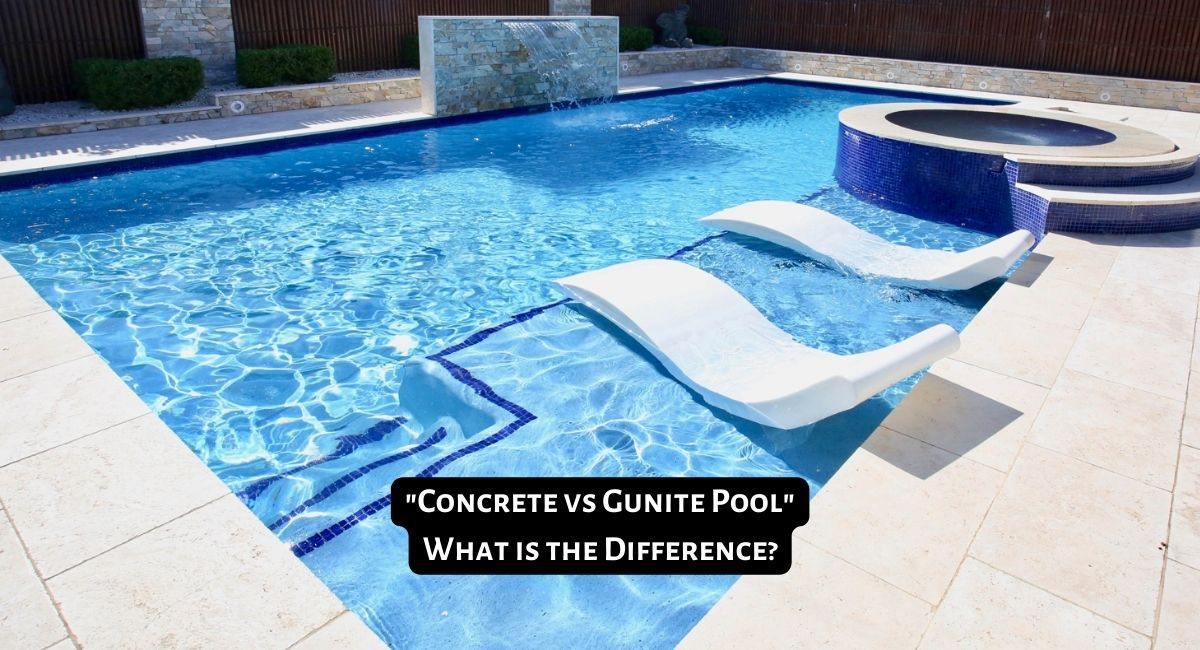
Concreteor Gunite Which Pool Material Offers the Best Durability
When it comes to building a pool in your backyard, choosing the right material is crucial. Two of the most popular options are concrete and gunite, both of which offer a high level of durability and design flexibility. But which one is the best choice for your needs? In this article, we'll explore the pros and cons of concrete and gunite pools to help you make an informed decision.
Durability
One of the most important factors to consider when choosing a pool material is durability. You want a pool that will last for many years without requiring extensive repairs. Both concrete and gunite are known for their durability and longevity.
Concrete is a mix of cement, sand, and water that can be molded into any shape. It's a popular choice for pool construction because of its strength and durability. Concrete pools are designed to last for decades, but they can be prone to cracking and other issues if they're not installed correctly.
Gunite, on the other hand, is a type of concrete that's applied using a high-pressure sprayer. This method creates a stronger bond between the pool walls and the concrete, resulting in a pool that's even more durable than traditional concrete. Gunite pools are also resistant to cracking and other forms of damage.
Design Flexibility
Another important factor to consider when choosing a pool material is design flexibility. You want a pool that will complement your backyard and reflect your personal style. Both concrete and gunite offer a high level of design flexibility.
Concrete pools can be customized to any size or shape, making them a popular choice for homeowners who want a unique and personalized pool. You can also choose from a wide range of finishes, including tiles, plaster, and pebbles, to give your pool a polished and stylish look.
Gunite pools are also highly customizable. They can be designed to fit any shape or size, and they offer a smooth, seamless finish that's perfect for those who want a modern and sleek pool design. Gunite pools can also be finished with a variety of materials, including tiles, pebbles, and plaster, to create a custom look.
Cost
Finally, it's important to consider the cost when choosing a pool material. Concrete and gunite pools are both on the higher end of the cost spectrum when it comes to pool construction.
Concrete pools are typically more expensive than gunite pools because they require more labor and materials to install. However, they can be a more cost-effective option in the long run because they're less prone to damage and require fewer repairs.
Gunite pools are slightly less expensive than concrete pools because they require less labor to install. However, they may require more maintenance over time to keep them in good condition.
Conclusion
In the end, the choice between concrete and gunite comes down to your personal preferences and budget. Both materials offer a high level of durability and design flexibility, but they differ in cost and maintenance requirements. Consider your needs and goals for your backyard oasis, and consult with a pool professional to make an informed decision. With the right choice, you can enjoy a beautiful, long-lasting pool that brings joy and relaxation to your home for years to come.
Appreciate the creator